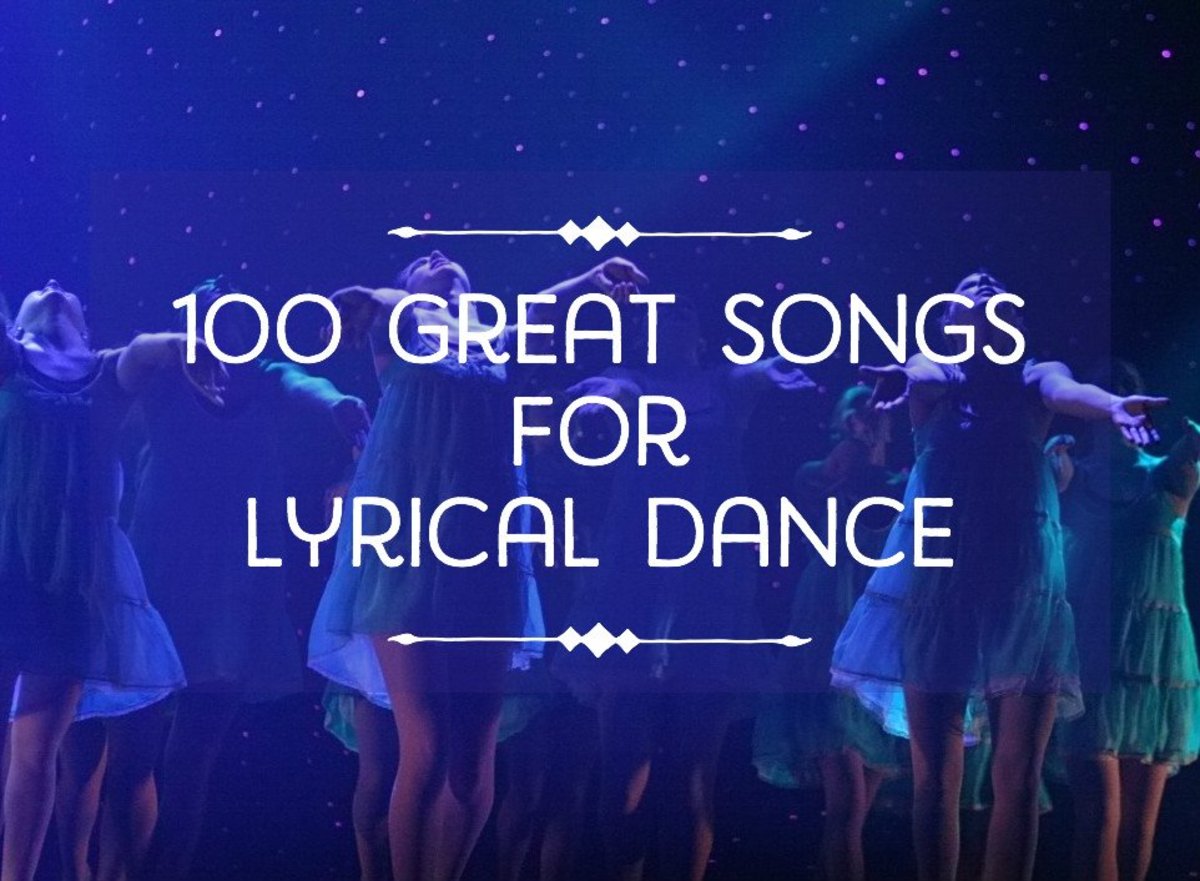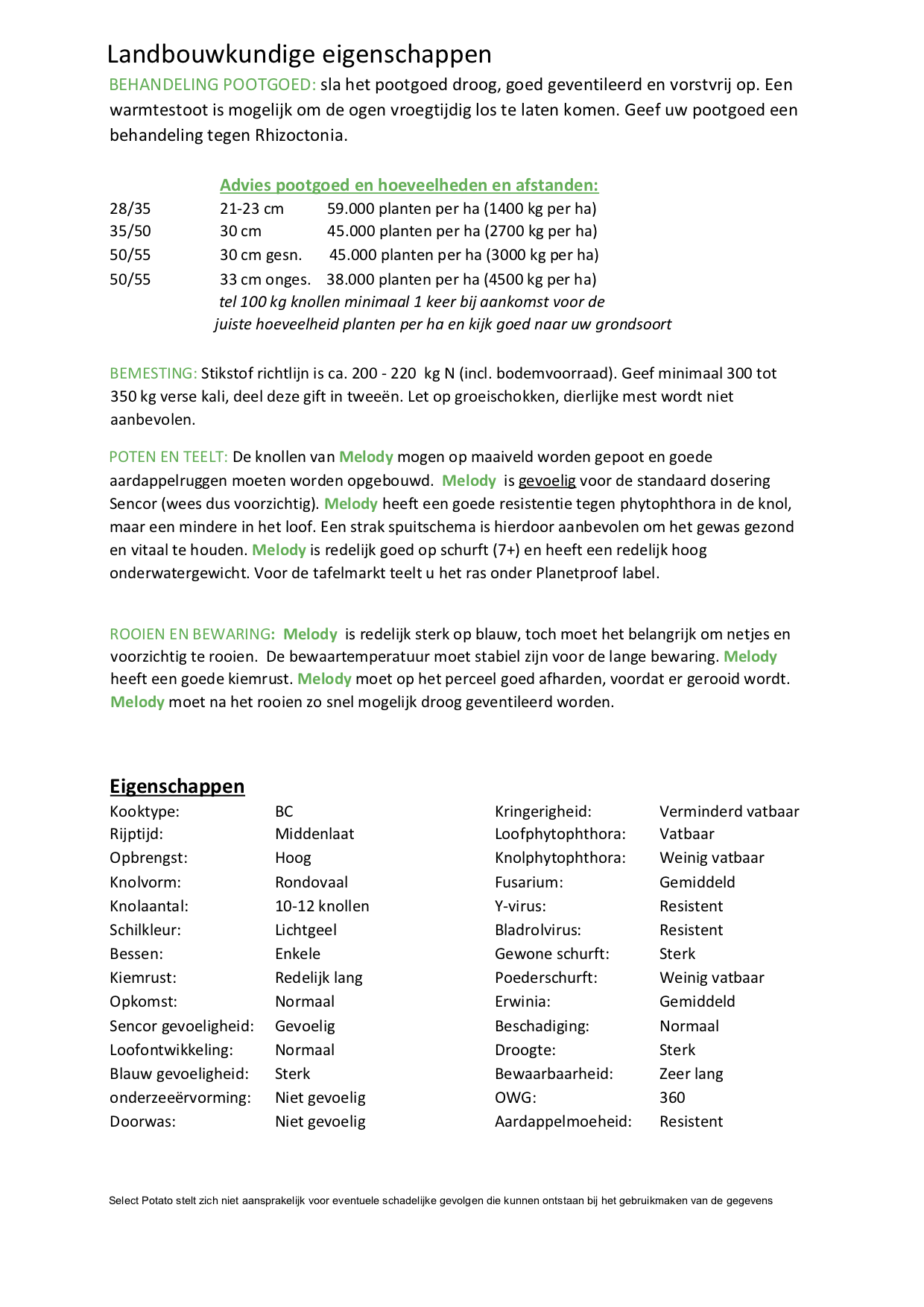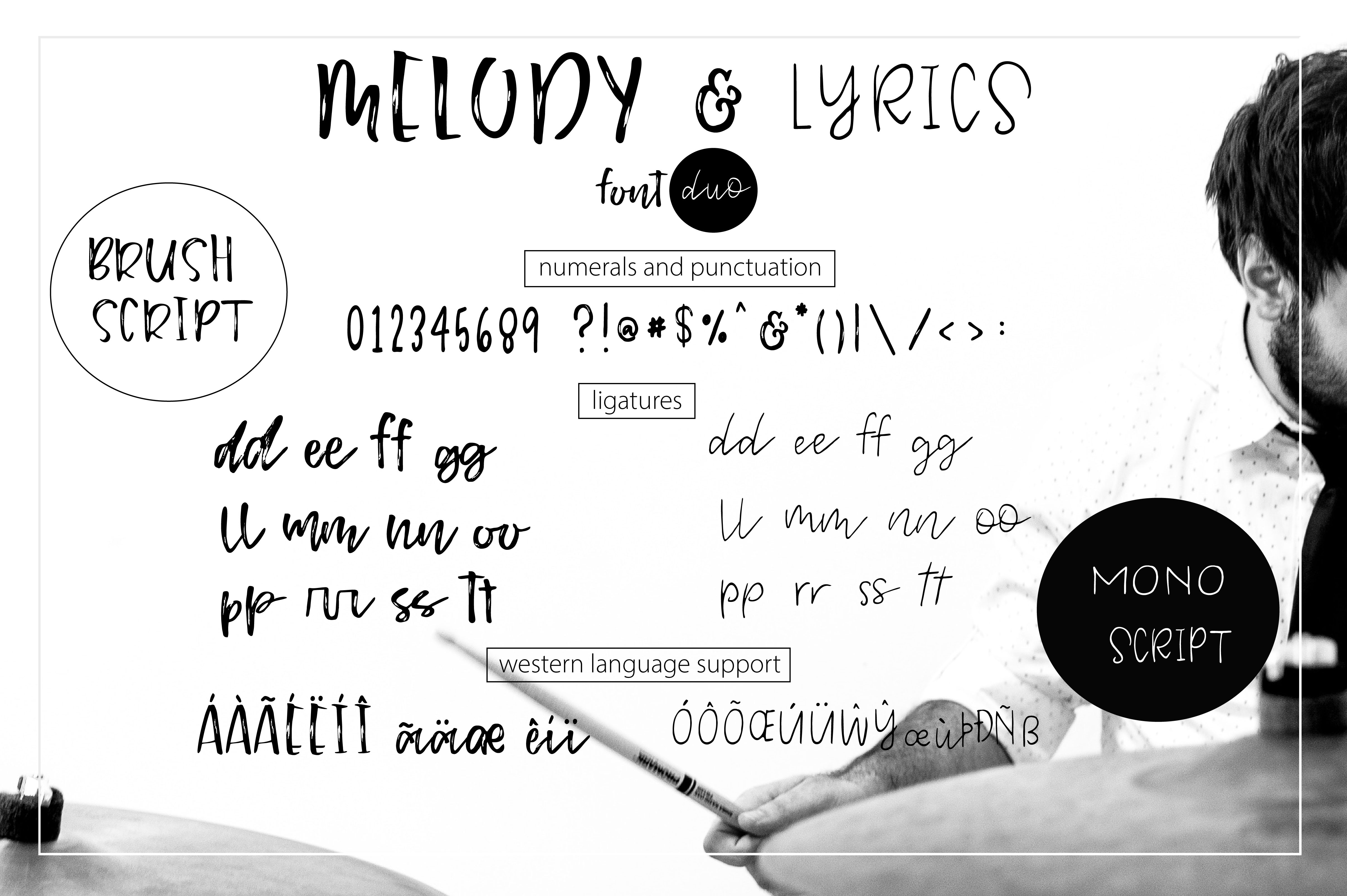
If singing a certain line of lyric feels especially awkward or lame, it’s often because the melody is rubbing against the natural grain of the lyric. This method may not always yield you stunning results right away–and it may make you feel a bit silly–but it does break the ice, and it gives you a great foundation that you can build on.īefore I turn you loose to do that, here are a few more quick tips on setting words to a melody: Troubleshooting a Vocal Melody Singing itself is basically normal speech taken way over the top anyway. To compose a heartbreakingly sad melody, sob and hitch while you recite it. Go ahead and act badly. So! If you’d like to compose an angry melody, go ahead–stomp and flare your nostrils while you recite the lyric. Syllables held longer in a spoken phrase can be held longer while singing. When conversational pitch lowers, melody lowers. When pitch goes up in a spoken sentence, the melody you’re writing can rise as well. These natural variations are the very beginnings of melody. Again, if you’re having trouble detecting these differences just by speaking, try recording yourself and listening.

Some syllables are held just a bit longer than others. By the way, lyrics rich in sensory details tend to be easier to feel…Īnyway, as you recite the lyric aloud, notice how certain syllables and words tend to be higher-pitched. Try to get into the spirit of the song, maybe even into character. Record yourself reciting it dramatically, like an actor. Take that lyric you don’t have any music for yet and speak a few lines aloud. In fact, even composers of instrumental music could benefit from tuning their ears to the grooves of speech and conversation. Noticing these natural patterns gives you a great head start on finding the perfect vocal melody for any given song. But they’re present in every conversation, in every uttered word. We use these pitch variations so naturally and fluently that we don’t give them a moment’s thought. And yes, that includes even those shy people who’ll tell you–mistakenly–that they’re tone deaf. Statements fall in pitch at the end.Īnd that’s just one example of pitch in our spoken language. In English, questions rise in pitch at the end. When spoken, questions and statements sound different only because of their pitch. Now that you’ve heard the rising intonation of a question, try the same line again, as a statement this time:ĭo you hear how the word “singing” was lower in pitch this time? And every time you listen, you’re being sung to.ĭon’t quite believe me yet? Go ahead and read this question aloud, just to hear its syllables:ĭid you hear yourself reach for that higher tone when you pronounced “singing?” That rise in pitch at the end of a sentence tells us that you’re asking a question. Every time you say even so much as “hello” to another person, you’re actually singing to them. So, this might cause confusion since you are in the context of music - people may assume you are talking about dissonant musical notes rather than dissonance between the feel of the tune and the lyrics.Got a lyric that needs to be set to music? Here’s a simple way to get started.įortunately for we songwriters, every sentence, written or spoken, contains hints of melody that a sensitive ear can uncover. " dissonance between campaign rhetoric and personal behavior"), discord and dissonance in the first instance are used to refer to musical notes that are not in harmony. Although used generally to refer to the clash of any two elements (e.g. Prosody may reflect various features of the speaker or the utterance: the emotional state of the speaker the form of the utterance (statement, question, or command) the presence of irony or sarcasm emphasis, contrast, and focus or other elements of language that may not be encoded by grammar or by choice of vocabulary.Īlso, you might consider describing the music as being discordant or even dissonant with the lyrics.


These contribute to linguistic functions such as intonation, tone, stress, and rhythm. In linguistics, prosody (from Ancient Greek: προσῳδίᾱ prosōidíā "song sung to music tone or accent of a syllable", Attic Greek pronunciation: ) is concerned with those elements of speech that are not individual phonetic segments (vowels and consonants) but are properties of syllables and larger units of speech. ( OED but use Wikipedia link below if you do not have an OED account)ĮDIT ADDRESSING FIRST 2 COMMENTS: ( from Wikipedia)

To the degree that the sad or happy feel of the music is due to the meter, pronunciation, and emphasis of how the words are sung, you could say the music lacks good prosody. The term prosody could be helpful to describe what you are looking for.


 0 kommentar(er)
0 kommentar(er)
